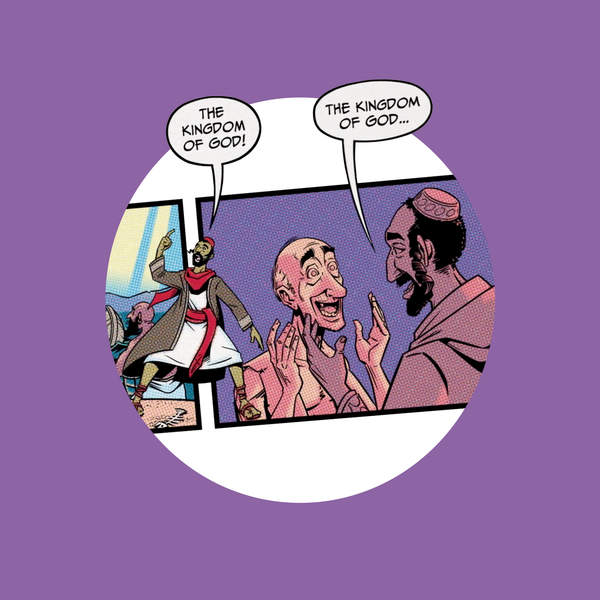
Is Reading the Bible Together Just a Form of Groupthink?
Episode Chapters
Show Notes
This is our second episode in our How To Read the Bible series. At the beginning (0-21:40), Tim and Jon start the episode talking about how the ancient Hebrew practice of reading the Torah aloud spun out into the New Testament. Jesus himself participated in public readings of Hebrew scriptures, and actually announced his public ministry at one. In the second part of the show (21:40-34:36), the guys have a fascinating discussion on the sociology and group identity formation elements of Christianity. They discuss ideas by famed sociologist Peter Berger about how humans both create environments and are created by environments. Jon wonders if Christianity is just a social construct or if there is something real to gather around. In the final part of the show (34:36-End), Tim shares part of an essay by N.T. Wright called “How is the Bible Authoritative?” Tim and Jon discuss the differences between stories and facts, how stories have a different kind of power than facts, and why it’s more powerful to view the Bible as a story not as a rulebook. This show is designed to accompany our new video on reading Scripture together in a community. You can check it out on our YouTube page here: https://www.youtube.com/watch?v=BO1Y9XyWKTw
Scripture References
Referenced Resources
- "The Didache - early Christian manual on discipleship" - Wikipedia Resource.
- "Desiring The Kingdom" by James Smith.
- "The Social Construction of Reality: A Treatise in the Sociology of Knowledge" by Peter Berger.
- "The Sacred Canopy: Elements of A Sociological Theory of Religion" by Peter Berger.
- "Essay: How Is The Bible Authoritative?" by N.T. Wright
- "Sapiens: A Brief History of Humankind" by Yuval Noah Harari
Interested in learning more? Check out Tim's library for a list of recommended books and other resources.
Get the BibleProject app for access to our entire library of resources in one place.